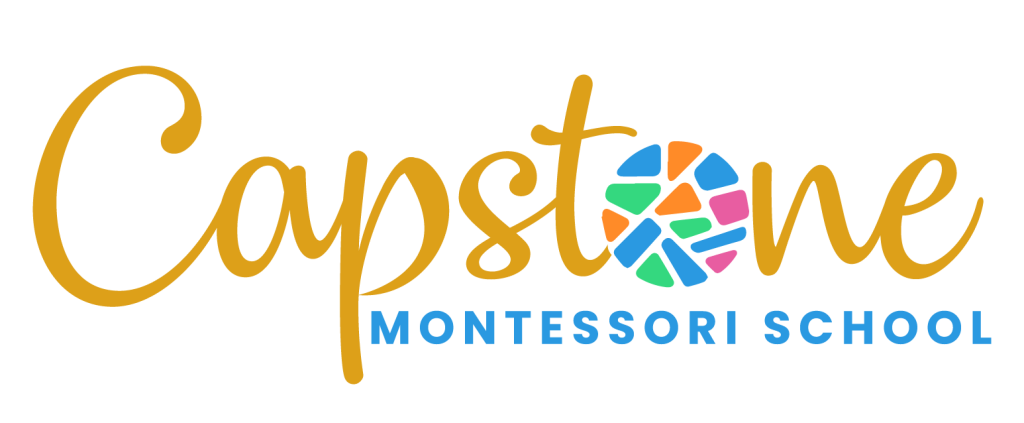FAQ
Here are some frequently asked questions about Montessori education that can help
clarify common queries for those new to or considering this educational approach:

What is the difference between Montessori and traditional education?
Montessori education is characterized by a child-centered approach that allows students to choose their activities within a structured range of options, promoting self-directed learning. This contrasts with traditional education’s more teacher-led approach, where curriculum and pace are standardized and often the same for all students. Montessori environments are also typically multi-age, which facilitates peer learning, while traditional classrooms usually group children by age.
Isn’t Montessori just for preschool?
While Montessori is well-known for its early childhood programs, the educational approach is designed for all age groups, from infants up through high school. Montessori schools provide a cohesive, learning-oriented environment that grows with the child, aiming to nurture independent, thoughtful, and self-motivated learners at every stage of development.
Who accredits Montessori schools?
Montessori schools can be accredited by several organizations, the most prominent in the U.S. being the American Montessori Society (AMS) and the Association Montessori Internationale (AMI). These organizations ensure that schools adhere to the core principles of Montessori education, including teacher certification, curriculum standards, and the educational environment.
How does Montessori address different learning styles?
Montessori education is inherently adaptable, designed to cater to different learning styles. It achieves this through mixed-age classrooms, hands-on learning materials, and an emphasis on individual pace and interest. Teachers are trained to observe each child’s interaction with materials and peers to tailor guidance that aligns with their natural learning preferences.
Can children with special needs benefit from Montessori?
Yes, Montessori education can be highly effective for children with special needs. The individualized approach allows educators to tailor learning experiences to each child’s unique requirements. The sensory-based learning and structured environment also help children with developmental delays gain confidence and skills at their own pace.
Is Montessori suitable for all children?
Montessori education is designed to cater to the individual needs of each child, regardless of learning style or pace. The approach is holistic and aims to nurture not just academic skills but also social, emotional, and life skills. However, as with any educational method, it’s important to consider a child’s unique personality and needs when determining the best educational fit.
What are the outcomes for Montessori students?
Research suggests that Montessori students often excel in areas of social skills, creativity, and problem-solving. They tend to be well-prepared for later schooling and life, showing advanced social maturity and a higher sense of responsibility compared to peers from traditional school settings. Academically, Montessori students frequently perform at or above grade level.
How are Montessori teachers trained?
Montessori teachers, often called “guides,” are specially trained in the Montessori philosophy and methods. Training typically involves a comprehensive curriculum that covers child development and Montessori principles, as well as hands-on practice with Montessori materials. Certification requires completing a course at an accredited training center, which can vary in length depending on the age group the teacher intends to teach.
How do Montessori schools handle technology use?
Montessori schools generally emphasize learning through interaction with physical materials and the environment, especially in younger years. However, many Montessori schools incorporate technology thoughtfully and intentionally at appropriate developmental stages. The use of technology is balanced with the core Montessori belief in hands-on learning, ensuring that it serves as a tool to enhance learning rather than replace traditional materials.
How do Montessori schools assess student progress?
Montessori schools assess student progress through observation and record-keeping, rather than traditional grades or tests. Teachers observe students as they interact with materials and each other, recording their achievements and areas needing further development. This ongoing assessment allows teachers to tailor instruction to each child’s progress and needs.
